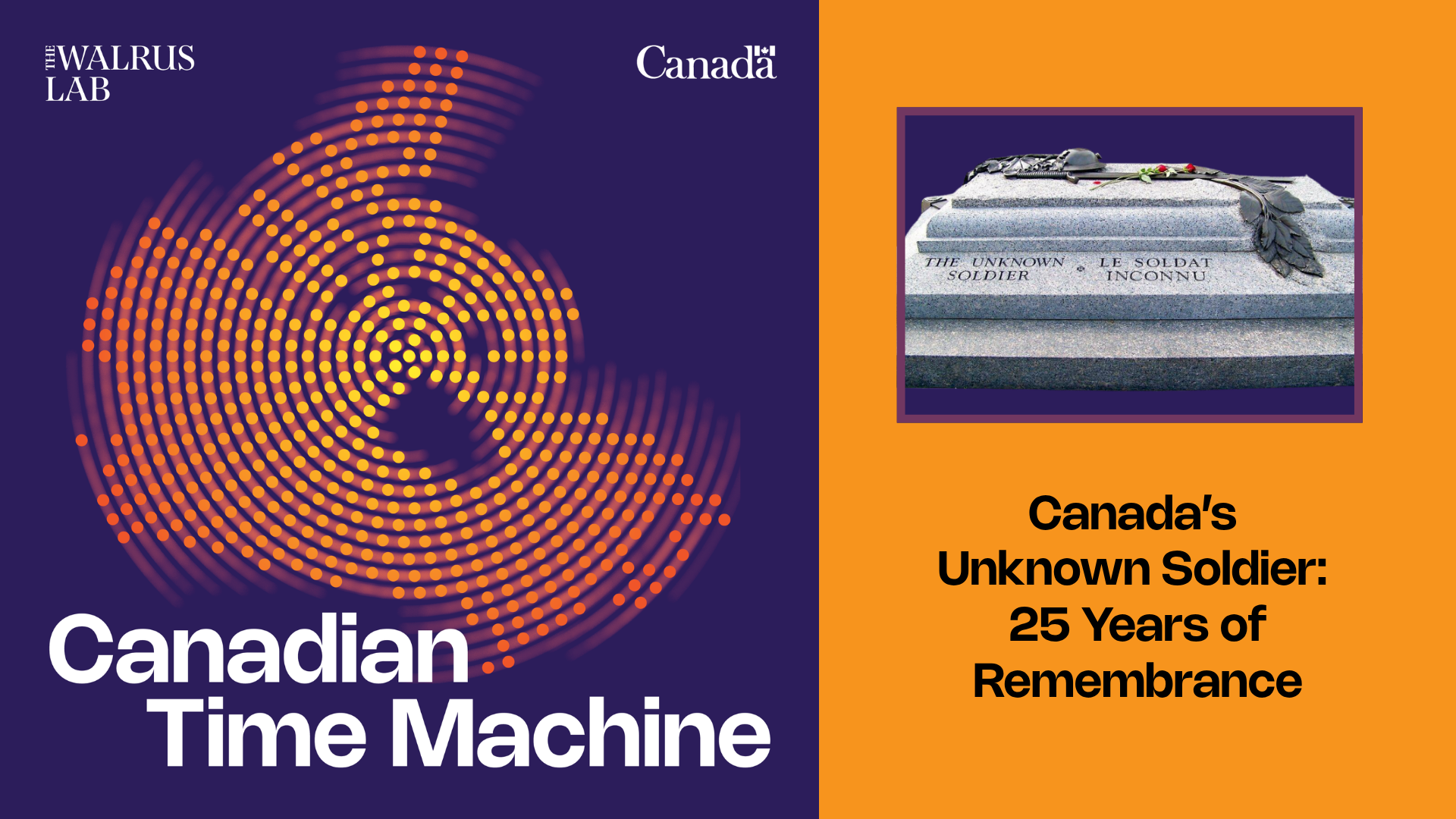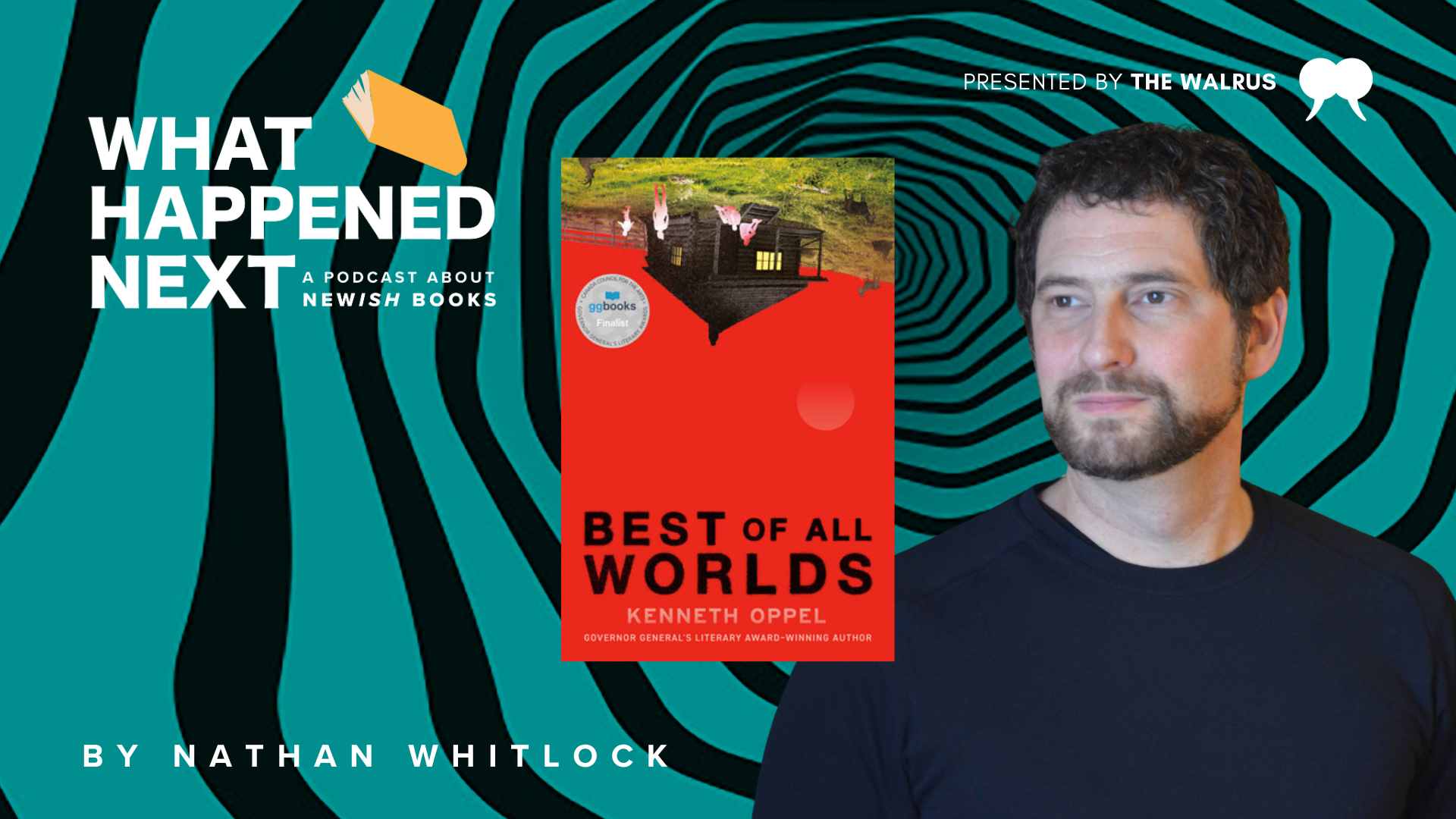|
|
|
|
This Week's Round-Up: November 10, 2025 |
|
|
|
|
When it comes to lowering the cost of living, there’s not much any government can do
BY RENÉE SYLVESTRE-WILLIAMS
|
 |
Most Canadians “don’t care about wages, even if they’ve gotten a raise. All they care about is that this bag of chips cost[s] $1 more than two years ago, and this thing of coffee [that] used to cost $10 . . . cost[s] $20.” In other words, for many, what they’re spending matters more than how much they’re making—what’s known as loss aversion.
It’s not just chips and coffee, of course. For decades, a widely accepted guideline for budgeting was that shelter costs should take up about 30 percent of the basket; in practice, many Canadians typically spend somewhere between 35 and 50 percent of their salary on housing. The cost of rent has outpaced inflation, and demand for housing is pushing up costs.
|
| Read or Listen to the Story
|
|
|
|
|
|
|
|
|
|
|
|
|
Have you played Jigsaw yet? |
|
|
The Walrus covers you know are now puzzles you can solve. Rebuild classic covers, one piece at a time. Go ahead, take a break with our new puzzles.
|
|
|
|
|
|
|
|
|
|
|
|
|
|
|
|
|
|
|
|

|
Philanthropic endeavours in Canada play a vital role in bridging the gaps that social safety nets can’t. With the never-ending trade war with the US and the possibility of a recession looming, philanthropic support from foundations is more important than ever.
The Walrus Talks Philanthropy in a Changing Canada brings together seven speakers who will discuss how philanthropy and charities are evolving to meet the needs of the communities they serve.
Join us in Vancouver, or online, to learn about the trends in philanthropy directly from the voices of the people doing the work.
|
| Join Us
|
|
|
|
A MESSAGE FROM THE WALRUS LAB IN PARTNERSHIP WITH THE GOVERNMENT OF CANADA
|
 |
Remembering the Unknown: Canada’s Tomb of the Unknown Soldier
|
Twenty-five years ago, the remains of an unidentified Canadian soldier were laid to rest at Ottawa’s National War Memorial, now one of Canada’s most meaningful sites of remembrance.
In the latest episode of Canadian Time Machine, artist Mary Ann Liu, who designed the tomb, and Dr. Stacey Barker, Historian of Arts and Military History at the Canadian War Museum, share the vision, symbolism, and lasting significance of this iconic monument.
|
| Listen and Subscribe
|
|
|
|

|
Check out the latest episode of What Happened Next
|
In this episode of What Happened Next, host Nathan Whitlock is joined by author Kenneth Oppel. His most recent book is the novel Best of All Worlds, which was published by Penguin Teen Canada earlier this year and is nominated for a Governor General’s Literary Award. It has also been named under “Best Children’s Books of 2025” by the Times (UK).
Kenneth talks to Nathan about the book he remembers having the biggest emotional impact on him as a kid, about his dislike of the various age groups and categories that get applied to children’s literature, and about his next novel, which just might be his first one written explicitly for adults.
|
| Listen Now
|
|
|
|
|
|
|
|
As
Monica Kidd writes in her cover story, “Need a Knee Replacement? You Can Get It at the Mall” (May), Canada is known for its “universal” health care system. However, we still come second to big-profit interests. According to a 2015 Angus Reid study, nearly 25 percent of Canadians chose not to fill or renew a prescription in the previous year due to the cost of medication. This often results in many low-income patients returning to the hospital, ultimately costing the health care system more than if the prescriptions had been covered. We continue to be one of the world’s only high-income nations with universal health care (theoretically, anyway) but with no similar blanket coverage for prescribed medication. I fear that our system will eventually include crucial treatments that are not
universally accessible in a timely manner, except to those with the money to access them privately at for-big-profit prices.
Frank Sterle Jr.
White Rock, BC
|
|
Other countries with universal health care systems—including the UK, Sweden, and the Netherlands—have used the private sector to their advantage and incentivized greater
efficiency through alternative funding models. While living in the UK for twelve years, my wife and I used the private-pay option several times when we couldn’t get timely care from the public system. We had very satisfactory outcomes at a reasonable cost. Although Canada’s health care system is fine once you get seen and treated, our “enforced egalitarianism” is hurting the people it is meant to serve, in both timeliness and needless suffering.
Bruce Brady
Victoria, BC
|
| Read more
|
|
|
|
|
|
You bring more voices to Canada’s conversation |
There was a time when every story we covered needed a so-called “Canadian angle”—one that rooted the characters and consequences within this country’s borders. But we know Canada isn’t defined by its boundaries. And there’s no single Canadian perspective.
With your support, we’re bringing an array of voices to the page—those of underrepresented groups, diaspora communities, and more. Because in a time of overwhelming change, we need to know who Canada is.
If you believe in Canada’s need for trusted journalism, please donate to The Walrus today.
|
|
|
— Samia Madwar
Senior Editor
|
|
|
|
|
|
|